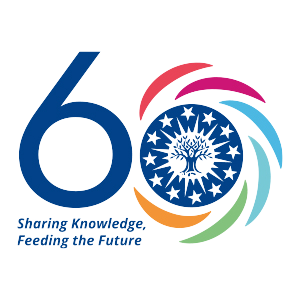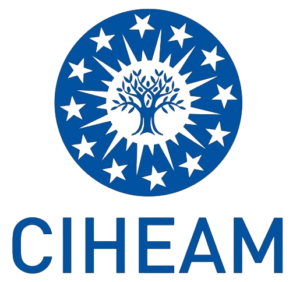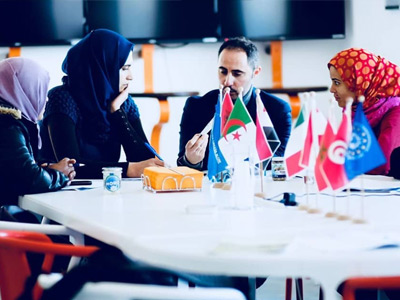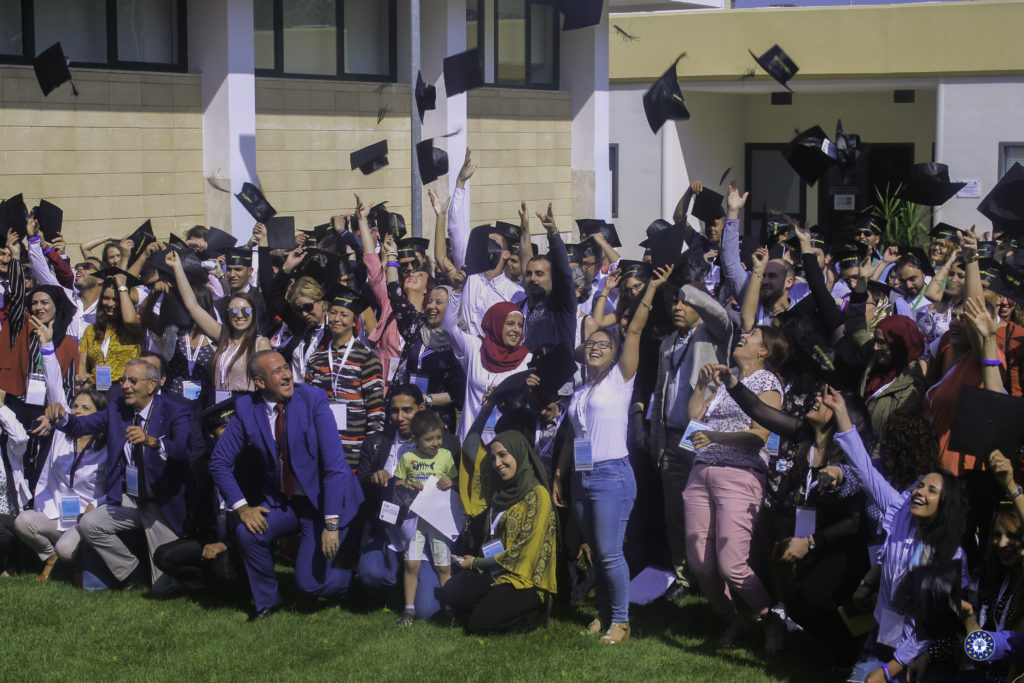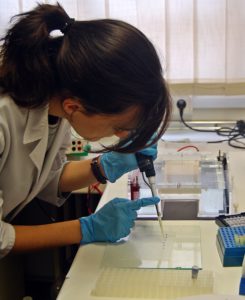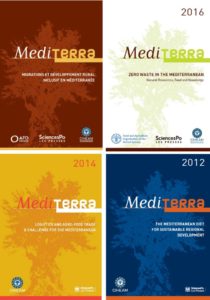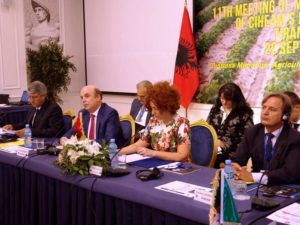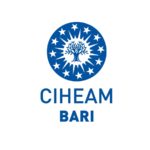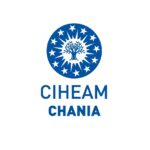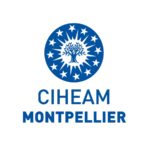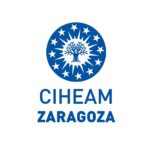The CIHEAM, the FAO and the UfM Collaborate for Sustainable Food Systems in the Mediterranean
13 February 2020 FAO, Rome, Italy
At the invitation of Vincenza LOMONACO, Permanent Representative of the Italian Republic to the Food and Agriculture Organization of the United Nations (FAO), a CIHEAM Delegation participated in the conference "MEDITERRANEAN DIET'S PRINCIPLES FOR AGENDA 2030: A Call from the Past - Ancient Knowledge for a Sustainable Management of Land and Water Resources" in Rome.
The event was followed by a working meeting with Roberto RIDOLFI, Assistant Director-General for Programme Support and Technical Cooperation at the FAO and Isidro GONZÁLEZ AFONSO, Deputy Secretary-General of the Union for the Mediterranean (UfM) for the areas of Water, Environment and Blue Economy, to discuss ongoing collaborations on sustainable food systems to accelerate the 2030 Agenda in the region.
Designed to raise awareness on how the Mediterranean Diet principles can help achieve the Sustainable Development Goals, the conference explored characteristics of the Mediterranean Diet and other traditional diets, such as biodiversity conservation, women empowerment, urban-rural linkages and food loss and waste management.
The event also focused on the environmental sustainability of the Mediterranean Diet, highlighting how the traditional agricultural methods from the Mediterranean region can preserve key natural resources such as soils and water and help mitigate the effects of climate change on agriculture.

Following the conference, Plácido Plaza, CIHEAM Secretary-General, met Roberto Ridolfi, Assistant Director-General for Program Support and Technical Cooperation at the FAO and Isidro Gonzalez Afonso, Deputy Secretary-General of the Union for the Mediterranean (UfM) for the areas of Water, Environment and Blue Economy. The discussions focused on the establishment of a Multi-stakeholder Sustainable Food Systems Platform in the Mediterranean to accelerate the 2030 agenda in the region.
A Multi-stakeholder Sustainable Food Systems Platform in the Mediterranean to accelerate the 2030 agenda in the region
Since 2011, the FAO and the CIHEAM have identified the Mediterranean diet as a joint case study for the characterization and assessment of the sustainability of food consumption patterns and diets in the Mediterranean.
In May 2019, after the 2nd World Conference on the Revitalization of the Mediterranean Diet on “Strategies towards More Sustainable Food Systems in the Mediterranean Region - The Mediterranean Diet as a Lever Bridging Consumption and Production in a Sustainable and Healthy Way”, held in Palermo (Italy) as an affiliated project of the United Nations One Planet Sustainable Food Systems Programme, the CIHEAM, the FAO and the UfM expressed their interest in jointly establishing a Multi-stakeholder Sustainable Food Systems Platform in the Mediterranean, to be defined in its operational inclusive format, for a broader participation and engagement of all interested stakeholders.
The renewed Memorandum of Understanding (MoU) between the CIHEAM and the FAO provides for the development of a multi-stakeholder sustainable food systems platform in the Mediterranean, within the framework of the United Nations One Planet SFS Programme.
In 2017, under the One Planet SFS Programme, at the CIHEAM Bari, an FAO-CIHEAM International Workshop “Development of Voluntary Guidelines for the Sustainability of the Mediterranean Diet in the Mediterranean region ” was held with a twofold purpose: to produce a discussion paper on “Development of voluntary guidelines for the sustainability of the Mediterranean diet in the Mediterranean region” and to finalise the proposal for the development of a “Mediterranean Multi-stakeholder Platform on Sustainable Food Systems”, within the One Planet SFS Programme.
More about the 2nd World Conference on the Revitalization of the Mediterranean Diet
More about the United Nations One Planet Sustainable Food Systems Programme
More about the FAO conference "MEDITERRANEAN DIET'S PRINCIPLES FOR AGENDA 2030: A call from the past - Ancient knowledge for a sustainable management of land and water resources”
More about the CIHEAM Bari Workshop

